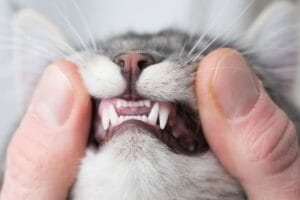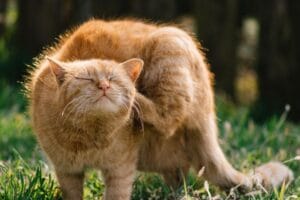Best Homemade Natural Diet for Cats with Kidney Disease
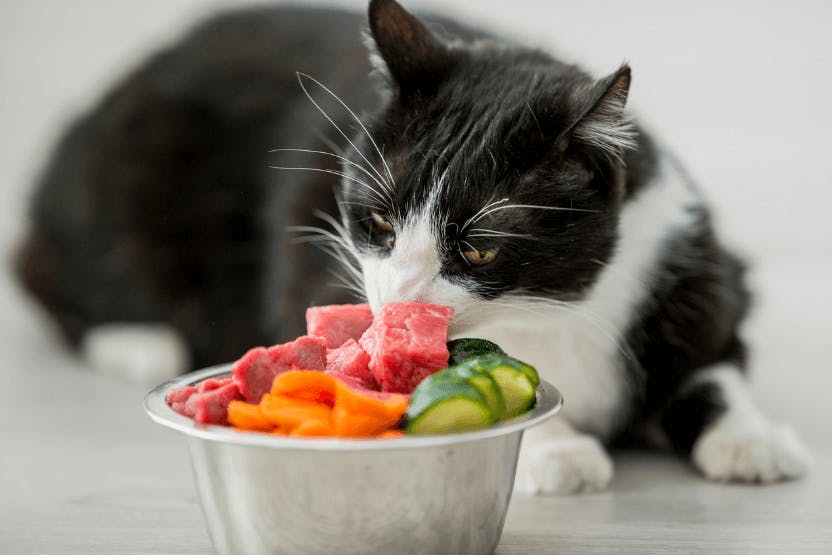
Do you want to learn about the best Homemade Natural Diet for Cats with Kidney Disease?
If your cat has been diagnosed with kidney disease, it’s essential to take steps to manage their condition, including their diet. While many commercial prescription diets are available, it’s best for pet owners to make their cat’s food at home. Not only is this a cheaper option but it allows you to monitor your cat’s diet and change its ingredients based on your cat’s preferences.
In this article, we’ll discuss the nutritional requirements for cats with kidney disease and provide recipes for a homemade natural diet that meets those requirements.
Understanding the Impacts of Kidney Disease on Cats
The kidneys play a vital role in filtering toxins and waste products from your cat’s blood. When the kidneys are damaged, they can’t perform this function effectively, leading to a buildup of toxins in the body. This is known as kidney disease, and it is a common health issue in cats, particularly in older cats.
There are several causes of kidney disease in cats, including genetic predisposition, infections, and exposure to toxins. Some breeds of cats, such as Persians and Siamese, are more prone to kidney disease than others. Certain health conditions, such as high blood pressure and diabetes, can also increase the risk of kidney disease in cats.
The symptoms of kidney disease in cats can vary depending on the severity of the disease. Some common symptoms include increased thirst and urination, loss of appetite, weight loss, vomiting, and lethargy. In some cases, cats may also develop bad breath, a dull coat, or mouth ulcers.
It’s important to note that kidney disease in cats is a progressive condition, meaning it gets worse over time. Early detection and intervention can help slow the progression of the disease and improve your cat’s quality of life.
Liver disease is another common issue amongst cats which requires a significant change in dietary plans. To learn more about the best natural diet for cats with liver diseases, follow the link!
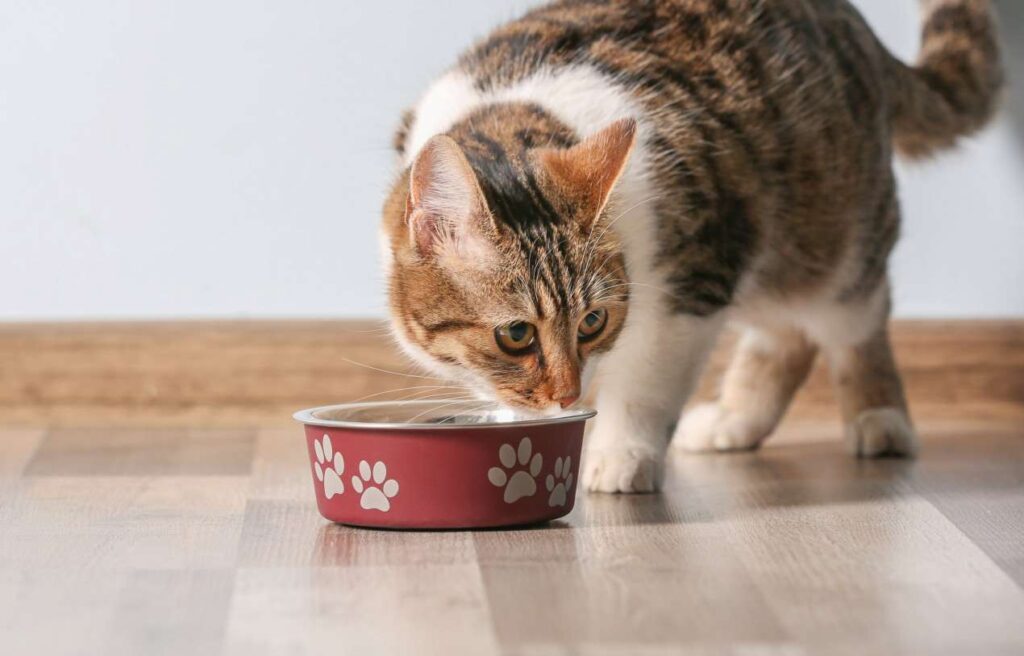
Nutritional Requirements of the Average Adult Cat
Before we move on to discuss the Best Homemade Natural Diet for Cats with Kidney Disease, here are the nutritional requirements for the average adult cat. You can use this as a reference to make your very own home-based cat-foods, or modify the recipes we will discuss later according to your cat’s tastes.
- Protein: Adult cats require a minimum of 26% protein in their diet, with a recommended amount of 30-40%. If your cat is very active or pregnant, they may require more protein.
- Fats: Adult cats require at least 9% fat in their diet. Fats are an important source of energy and essential fatty acids for cats.
- Carbohydrates: Cats are obligate carnivores, meaning they have a limited ability to digest carbohydrates. Therefore, their diet should contain no more than 10% carbohydrates.
- Calories: The average adult cat requires about 20-30 calories per pound of body weight per day. However, this can vary depending on your cat’s age, activity level, and overall health.
- Vitamins and minerals: Your cat’s diet should also contain essential vitamins and minerals, such as vitamin A, vitamin D, calcium, and phosphorus. These nutrients are important for maintaining your cat’s overall health.
Please note that these are the nutritional requirements for a “normal” adult cat. We will now discuss some dietary changes needed for cats with kidney disease in the next section.
Diet changes required for Cats with Kidney Disease
Diet plays a crucial role in managing kidney disease in cats. Since the kidneys are responsible for filtering waste products from the blood, it’s essential to feed cats with kidney disease a diet that reduces the workload on the kidneys.
One of the most significant dietary changes required for cats with kidney disease is a reduction in protein intake. While cats require protein for their growth and maintenance, excessive protein can put a strain on the kidneys. Thus, a cat with kidney disease should consume a diet that’s lower in protein, typically around 26-35% of their daily caloric intake. Anything lower than 25% will hurt your cat’s physical health due to lack of protein.
In addition to protein, cats with kidney disease need to consume a diet that’s lower in phosphorus. Excess phosphorus in the diet can cause the kidneys to work harder, leading to further damage. Thus, it’s essential to choose foods that are low in phosphorus, such as raw chicken and beef.
Another dietary consideration for cats with kidney disease is the need for increased water consumption. Cats with kidney disease often have trouble staying hydrated, which can worsen their condition. Feeding wet food or adding water to dry food can help increase water intake and support kidney function.
Finally, it’s crucial to avoid foods that can be harmful to cats with kidney disease. For example, foods high in sodium, such as canned or processed foods, should be avoided, as they can lead to dehydration and worsen the condition. Additionally, foods that contain high levels of potassium, such as bananas or potatoes, should be avoided as well.
Recipes for Homemade Natural Diet for Cats with Kidney Disease
Here are a few popular and easy-to-prepare recipes for homemade natural diets for cats with kidney disease. We will provide you with a list of ingredients required to make the dish, along with a list of instructions on how to prepare it.
Chicken and Rice Recipe
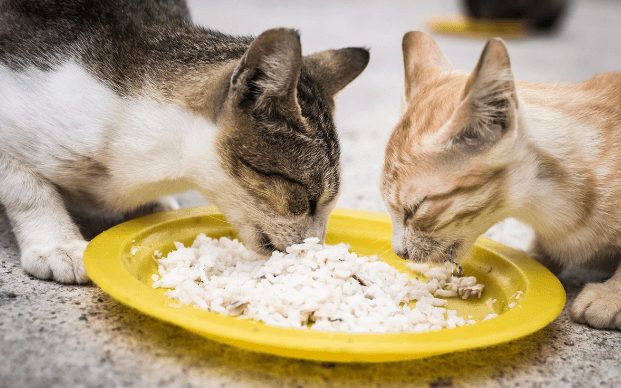
Ingredients:
- 1 lb. boneless, skinless chicken breast
- 1 cup brown rice
- 1 cup low-phosphorus vegetables (such as green beans or zucchini)
- 1 tablespoon olive oil
Instructions:
- Cook rice according to package directions.
- Cook chicken in olive oil until fully cooked.
- Chop chicken into small pieces.
- Mix together cooked rice, chicken, and vegetables.
- Store in an airtight container in the refrigerator for up to three days.
Turkey and Sweet Potato Recipe
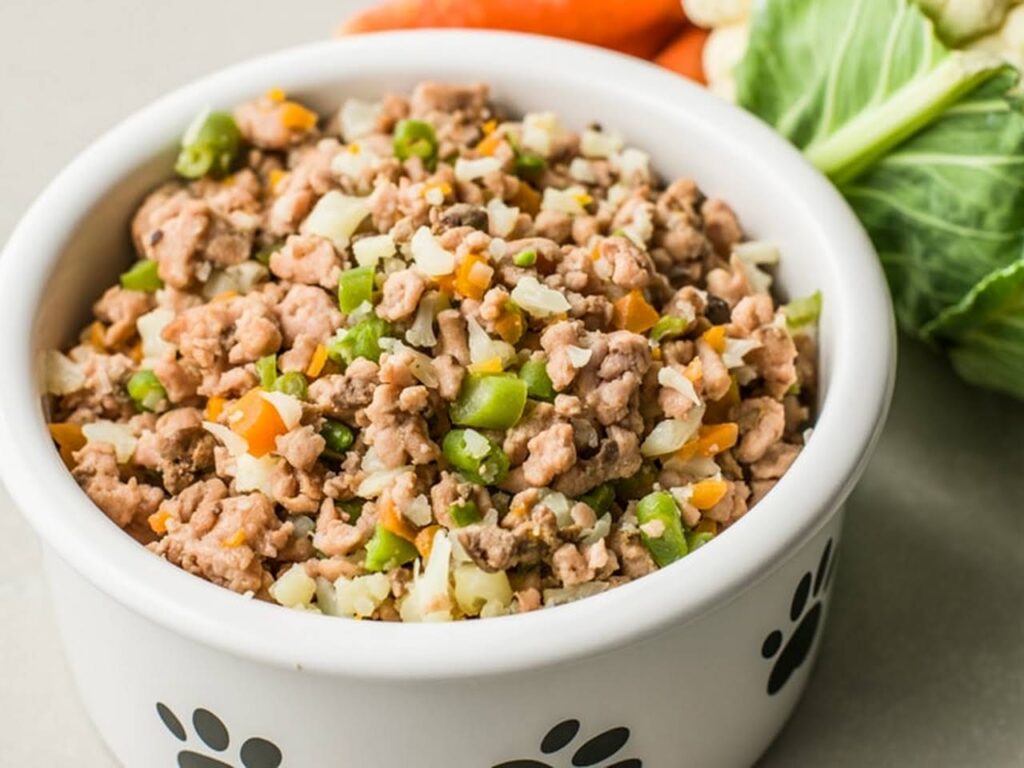
Ingredients:
- 1 lb. ground turkey
- 1 sweet potato, peeled and diced
- 1/2 cup low-phosphorus vegetables (such as carrots or green beans)
- 1 tablespoon olive oil
Instructions:
- Cook sweet potato in olive oil until tender.
- Cook ground turkey until fully cooked.
- Mix together cooked sweet potato, turkey, and vegetables.
- Store in an airtight container in the refrigerator for up to three days.
Tuna and Spinach Recipe
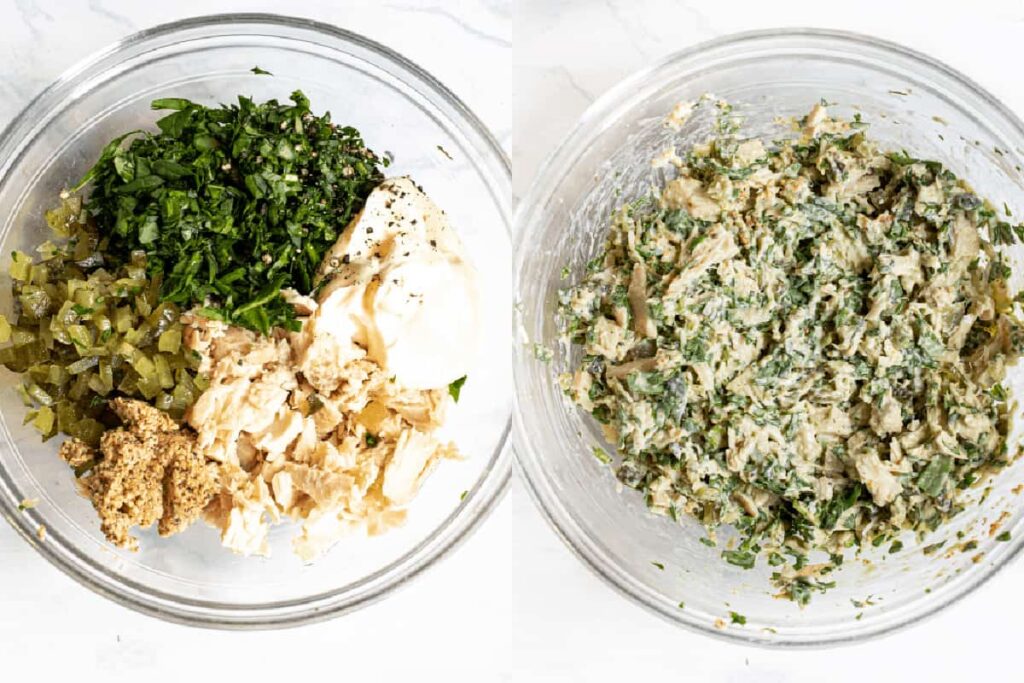
Ingredients:
- 1 can of tuna in water
- 1 cup of spinach, chopped
- 1/2 cup of low-phosphorus vegetables (such as peas or asparagus)
- 1 tablespoon of olive oil
Instructions:
- Drain the water from the can of tuna and transfer the tuna to a mixing bowl.
- Add chopped spinach, vegetables, and olive oil to the mixing bowl and stir until well combined.
- Store the mixture in an airtight container in the refrigerator for up to three days.
Salmon and Quinoa Recipe
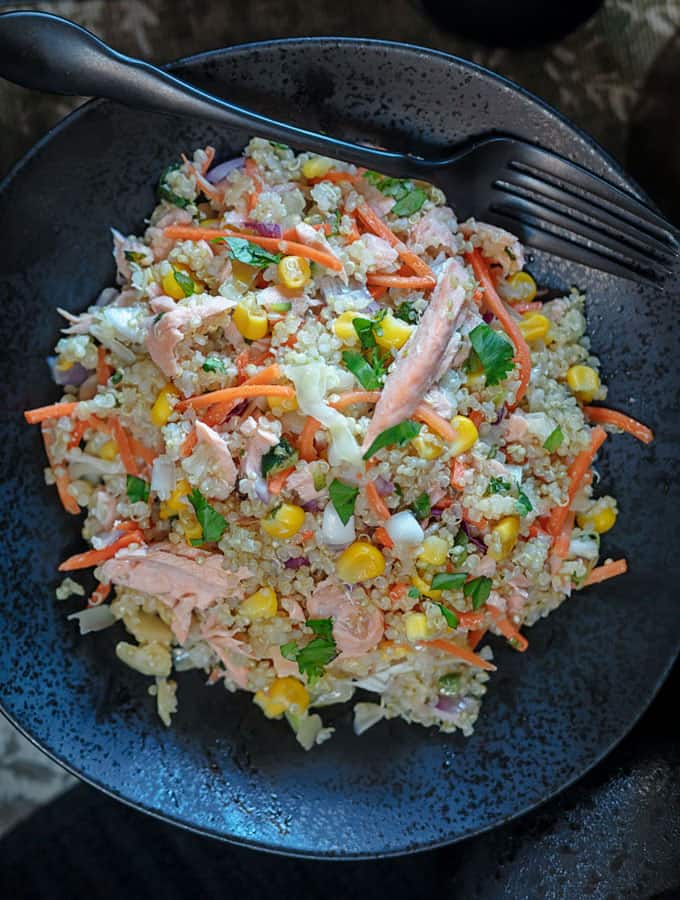
Ingredients:
- 1 can of salmon
- 1/2 cup of cooked quinoa
- 1/2 cup of low-phosphorus vegetables (such as carrots or green beans)
- 1 tablespoon of olive oil
Instructions:
- Drain the water from the can of salmon and transfer the salmon to a mixing bowl.
- Add cooked quinoa, vegetables, and olive oil to the mixing bowl and stir until well combined.
- Store the mixture in an airtight container in the refrigerator for up to three days.
Conclusion
A homemade natural diet for cats with kidney disease can significantly benefit and reduce the severity of their symptoms. By providing your cat with a diet that is tailored to their specific nutritional requirements, you can help manage their kidney disease and improve their overall health. It’s important to work with your vet to ensure that your cat’s nutritional needs are being met and to monitor their health regularly.
